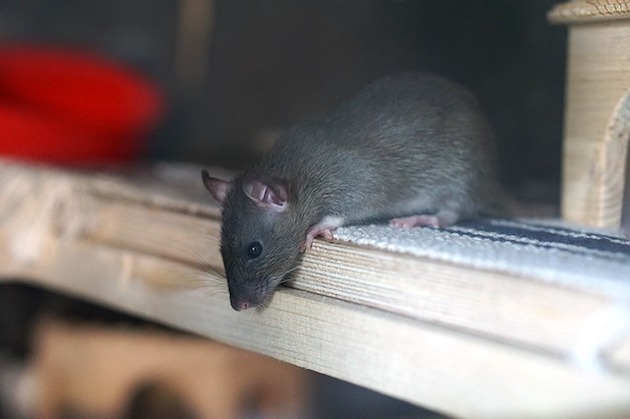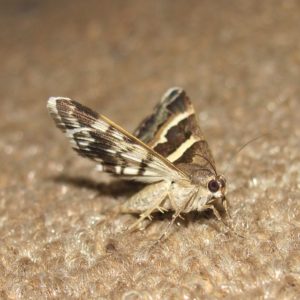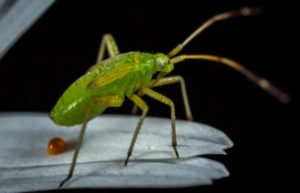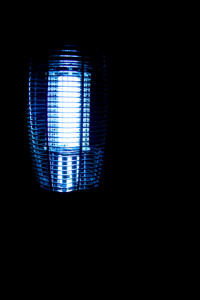Rats are a pest no matter where in the world you go, but wherever you go you will find different types of rat. This post aims to inform you about the types of rats in the UK that pop up most commonly – the species of rats that most homeowners have infestations of and are most common in the large cities like London.
To do effective rat control around the home and in your business, it’s important to know the types of rodents that are infesting your property. As well as the different rat types, you can also have infestations of mice and squirrels.
Rats are harmful to our health if we come into contact with them, which is why it’s so important to deal with them immediately. They spread diseases, which in a lot of cases can become life-threatening. As well as doing damage to your health, they can also do a lot of damage to your property itself. Wires, insulation, chewable objects and food are all at risk from rats.
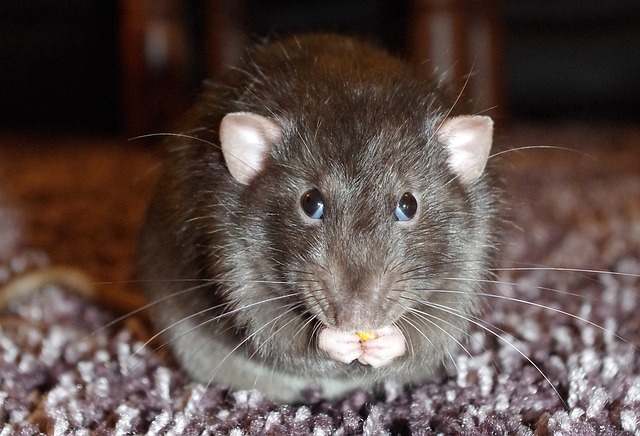
The most common types of rats in the UK are the Brown Rat, otherwise known as the Norway Rat, and the Black or Roof Rat. Here in the blog we’re going to look at what differentiates the two, and how you can carry out effective rodent control in your home.
The Common Types Of Rat In The UK
The first type of rat we’re going to look at is the most common – the Brown Rat. This species prefers to burrow and will live in the ground. These rodents are especially sneaky because of their amazing climbing abilities. Black Rats are a lot more rare in the UK, usually appearing around the ports and harbours as stowaways on ships.
The Brown Rat
The brown rat is up to 40 cm in length, and it’s tail is shorter than it’s body and head. These rats grow up to 500g in weight, and usually have a blunt nose, thicker body and small ears. When these rats reproduce, they can have 5-10 young per litter, and will have 3-6 litters per year. That’s a lot of babies! Their pregnancies only last 3 weeks, and they reach sexual maturity between 10-12 weeks after their birth.

The brown rat is in fact the only one of all the types of rats in the UK to be found in the country’s sewer system. When it comes to food, they love cereals and breads. Any type of carbohydrate will do for them, but they really love the fresh stuff. They only need to eat around 30g of food a day to survive, and will drink around 60ml of water a day.
The Black Rat
The black rat measures smaller, between 16-24cm in length, with a tail that is longer than its head and body. It weighs less as well, growing up to around 200g in weight. They have a sharp pointed nose, large ears and a more slender body compared to the Brown Rat. However their reproduction is very much the same. They produce around 5-10 young per litter, and have the same amount of litter per year at 3-6. They are pregnant for 3 weeks, and will reach sexual maturity between 12-16 weeks after they’re born.

Black rats have an incredibly ability to climb and are super agile. They are often found climbing more than running on solid ground. They don’t like to burrow, preferring to nest, and are rarely seen in the outdoors around the UK. Moist fruits and vegetables are their cuisine of choice, and black rats will eat around 15g of food a day, and drink 15ml of water.
Fancy Rats
Fancy rats are another name for pet rats, which are specially bred as domestic pets. They are smaller generally than their wild counterparts. They come in a wide range of colours and markings.

Unlike wild rats, pet rats are not considered to pose any health risk to their human owners. They are clean animals, docile in nature, and can be easily trained. They are known for being independent animals, but do enjoy affection and contact with people. Like wild rats, they are extremely intelligent.
Rat Prevention And Control
If you’ve seen signs and evidence of any of these types of rats in the UK around your home, it’s really important to have them treated immediately before it turns into a serious infestation. Remember that rats breed at an alarming rate, and one rat can turn into 100 very quickly. The team here at Empire Pest Control are ready and waiting for your call, for emergency rodent control in the London area.
Here are our top tips on ways that you can help prevent rodent problems in and around your property.
- Keep all foodstuffs far away out of reach. If you have leftovers, put them in the fridge in a sealed container. It’s also important to put your cereals and other dry foodstuffs in metal or glass containers with tight fitting lids.
- Declutter your home and around the garden. The less clutter there is, the less places a rat will have to hide. It also makes pest control treatments easier to do if you have a tidy home.
- Put your rubbish in securely lidded bins to stop rats getting into them and feeding on your waste.
- Any pet food or bird seed needs to be cleaned up immediately. Leaving this around is a readily available food source for a rat – a big attraction for them to infest your property.


